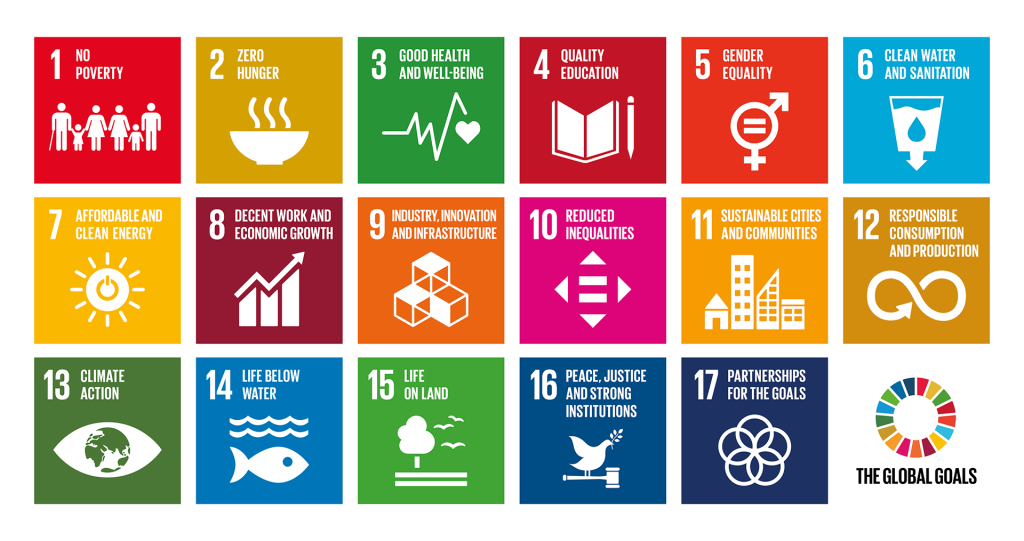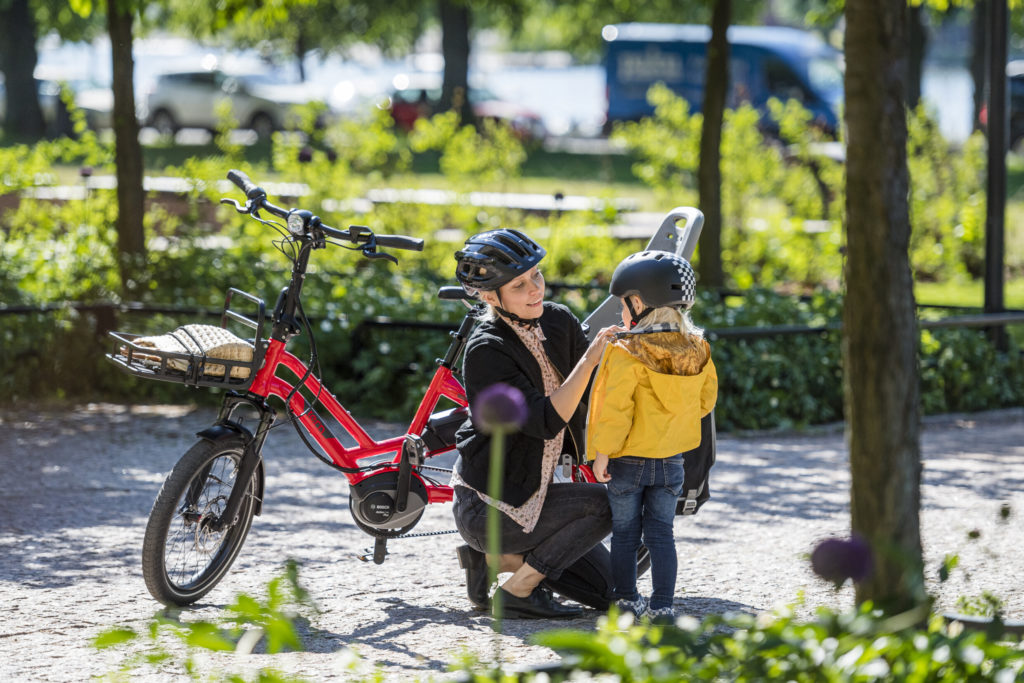A sustainable city secures the opportunities for a good life for present and future generations on an equal footing, while taking into account the limited natural resources and carrying capacity of our entire planet. Economic activity should be limited so that biodiversity does not suffer while at the same time supporting the empowerment and social justice of inhabitants.
At the heart of social sustainability is social justice and inclusion, which cities implement through their own actions. In a socially sustainable city, the transmission of disadvantage from one generation to the next is prevented, and inequality is reduced, for example through a wide range of services.
The challenge is to combine high wellfare with environmental sustainability
Important themes for sustainable development in Helsinki include low carbon, a smart city, health and social sustainability.
The challenge of sustainable development is that it has not been possible to achieve high levels of well-being in an environmentally sustainable way. Efforts are being made to improve the sustainability of cities by developing new solutions, making old practices more sustainable, multiplying good practices and strengthening international cooperation.
The challenges of sustainability in the environment are urgent, as climate change is a huge crisis that already requires fast action. However, the prevailing COVID-19 pandemic shows that social sustainability can also be fragile as the normal daily lives of many people are upset as a result of the global health crisis.
Agenda 2030
The UN’s sustainable development plan, Agenda 2030, serves as a guiding framework for sustainable development. In 2015, the UN member states agreed at a summit in New York on sustainable development goals and an action plan, the purpose of which is to guide global development efforts until 2030. The agreement contains 17 different goals focusing on sustainable development. The shared action plan sets shared goals for all countries for the next 15 years. Finland is strongly committed to the Agenda goals and has already published two Voluntary Local Reviews.

Sustainable development is part of the City of Helsinki’s core operations
As regards the actual implementation of the UN’s Sustainable Development Goals, a significant share is conducted at the local level. As such, cities play an important role in ensuring the successful achievement of the goals. Municipalities play a major role, especially in Finland: they are responsible for many functions and services related to social, ecological and financial sustainability.
Helsinki is committed to the Sustainable Development Goals (SDG) of the Agenda 2030 plan, wants to promote the achievement of these goals and highlights the role of cities in the achievement of the SDGs. Helsinki was the second city in the world to publish its first Voluntary Local Review back in 2019.
Helsinki is doing well in comparisons
By many international indicators, Helsinki is doing well in the field of sustainable development. One of Helsinki’s strengths is that the spirit of the SDGs in terms of respecting the environment, wellbeing, equality and cooperation can already be seen relatively well in the City’s values and operations. For example, the starting point in arranging basic services is that the services must be open and available to all.
Accordingly, sustainable development is in many ways part of the City’s core operations, and its connection with the UN’s Sustainable Development Goals is not always something that people even think about. Helsinki has an enormous amount of know-how, inspiration and ability to implement the SDGs, which is what many of the stories of the City’s different operations focus on.
From the perspective of sustainable development, examples of Helsinki’s strengths include high-quality and equal educational, cultural and leisure-time services, good health care, functional infrastructure and clean nature, as well as the development of a functional and smart city.
Climate change and increasing inequality as challenges
Despite its good starting position, Helsinki has a lot left to do to achieve the SDGs. The City’s challenges have particularly to do with preventing climate change, consumption and securing biodiversity.
In terms of social sustainability, the challenges are related to increasing inequality, health differences between income classes and residential areas, and mental wellbeing. Challenges with financial sustainability have to do with increasing perceived income differences and housing costs, a declining employment situation and transitioning from linear economy to circular economy.
In general, challenges are posed to the promotion of sustainability by the fragmentation of measures through operational and financial planning into several separate programmes and measures carried out by the City’s different organisations. The SDG framework of Agenda 2030 challenges the City to engage in broader examinations of sustainability across council terms and perceive larger wholes and their connections. However, during the current council term, the City has developed better coordination of strategic wholes, e.g. through broad and cross-cutting wellbeing and health plans and the Carbon-neutral Helsinki programme, and by giving thought to how the City’s occasionally conflicting objectives could be coordinated sustainably.
How do the people of Helsinki see a sustainable city?
Helsinki the second city in the world to report to the UN
Helsinki was the second city in the world to commit to the local sustainable development reporting model created by the City of New York. Alongside New York and a host of other partners, we have worked since 2018 to promote the extensive global adoption of the reporting scheme.

